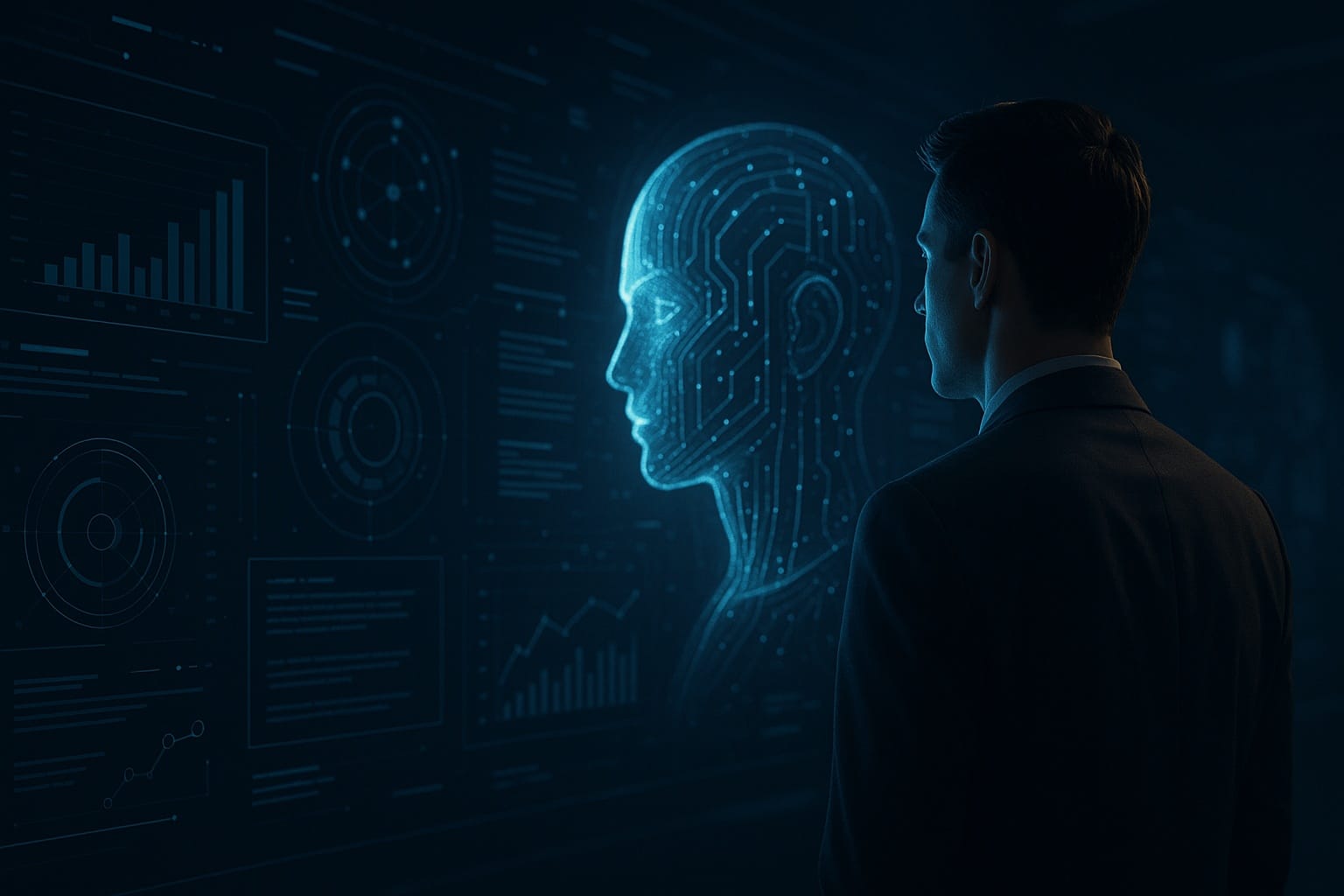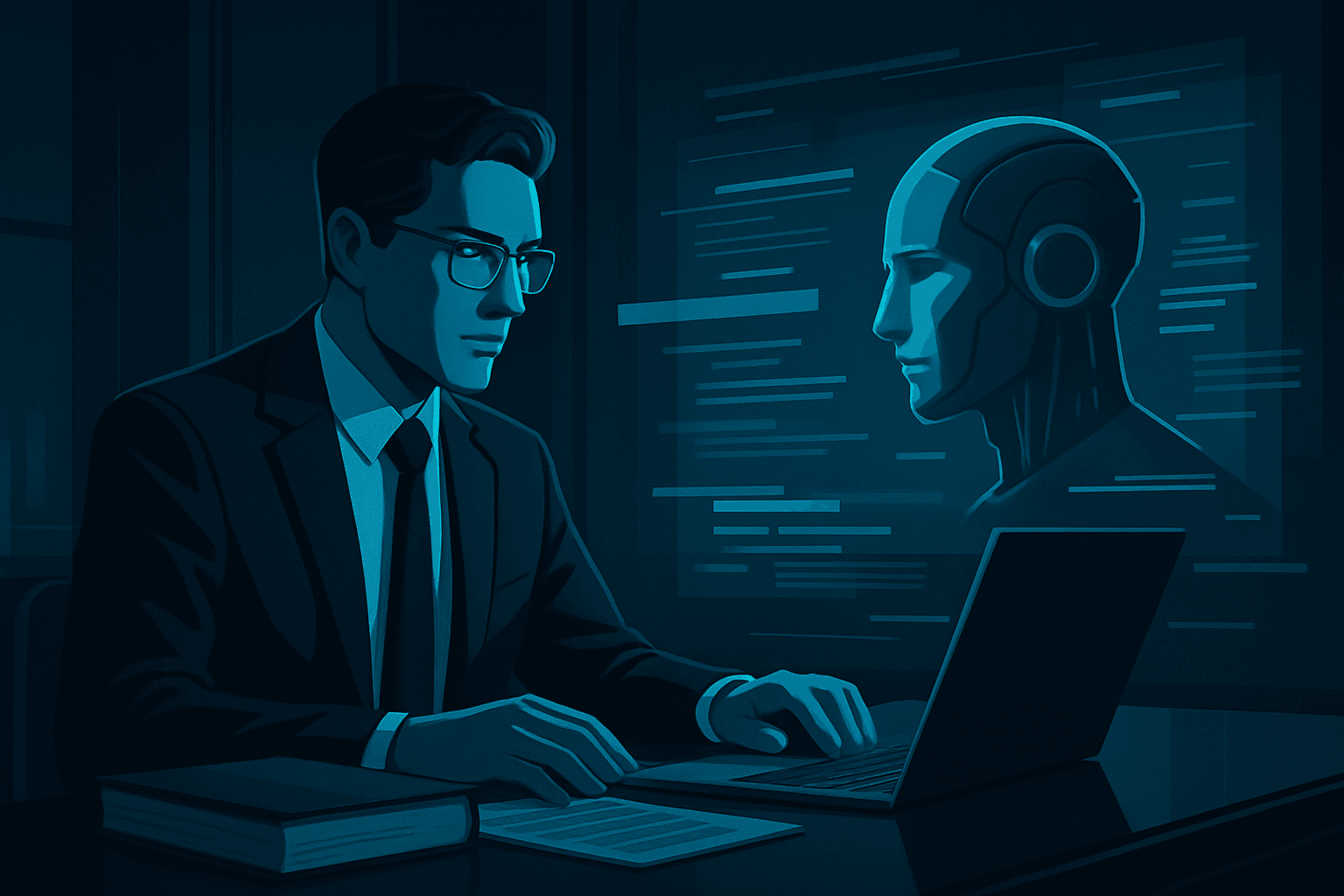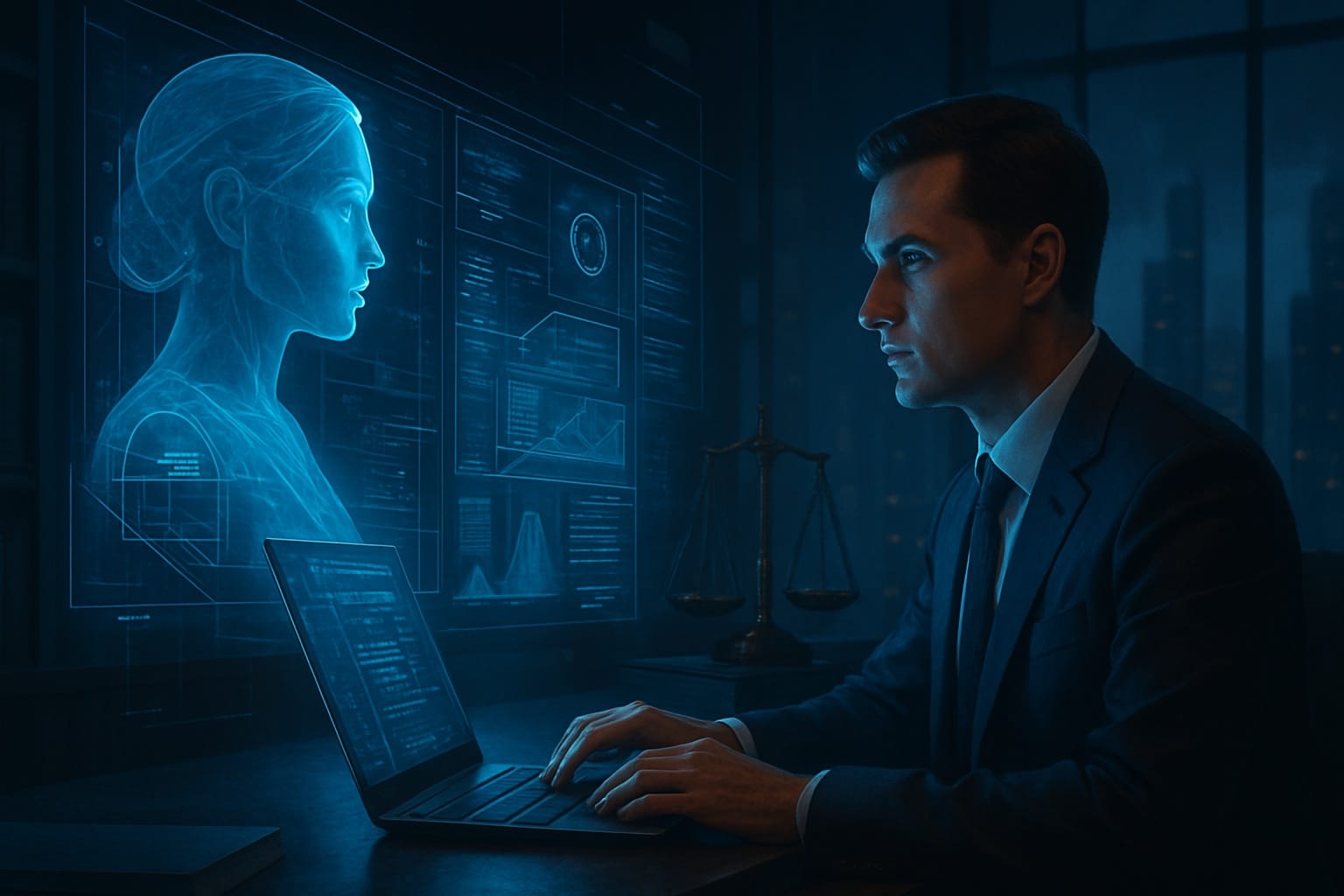Key Success Factors for Artificial Intelligence Projects in IP Litigation

Artificial intelligence (AI) is transforming industries, but its application requires careful consideration, especially in contexts like intellectual property (IP) litigation where precision and reliability are critical. This article explores essential factors for successful AI projects, offering insights for IP litigation attorneys who may need to evaluate AI-related evidence or engage a software expert witness. These factors include identifying a genuine need for AI, understanding the limits of algorithmic innovation, prioritizing proprietary data, and leveraging both AI and domain expertise.
Identifying a Genuine Need for Artificial Intelligence
Not every engineering challenge warrants artificial intelligence. AI involves algorithms that enable computers to recognize patterns and solve problems by learning from data, mimicking human cognitive processes. However, this capability introduces risks, as AI systems can produce errors, sometimes at significant rates, depending on the problem domain. For simpler problems, traditional algorithmic solutions are often more reliable and easier to validate in legal contexts, such as patent disputes where a software expert witness might be called to testify on the appropriateness of a technology.
Before adopting AI, organizations should consult experts to assess whether it suits the problem. In IP litigation, understanding whether AI was appropriately applied can be crucial when evaluating the validity of a patent or the functionality of a disputed software system. Engaging a software expert witness can clarify whether AI was necessary or if simpler methods would suffice, potentially impacting case outcomes. For further reading on AI applications, see this overview from MIT.
Algorithmic Innovation Is Not Enough
Developing novel AI algorithms may seem like a path to competitive advantage, but the reality is more complex. The AI field is mature, with most new algorithms representing incremental improvements over existing ones. Practitioners often reverse-engineer or replicate algorithms, and the tightly knit AI community, coupled with open-source platforms like GitHub, ensures that innovations are quickly shared or commoditized.
For IP litigation attorneys navigating AI patent disputes, this means that patents centered on AI algorithms may face challenges in proving novelty or non-obviousness, as similar solutions may already exist in the public domain. A software expert witness can analyze whether an algorithm is truly unique or merely an adaptation, providing critical insights for patent validity or infringement cases.
The Power of Proprietary Data
Proprietary data is often the key to a sustainable competitive advantage in AI projects. Freely available datasets, such as those on Kaggle, allow competitors to replicate solutions, negating any edge. Proprietary data, unique to an organization, creates a barrier to entry. A data flywheel—where an AI system generates additional proprietary data during operation—further strengthens this advantage. For example, a company developing an AI-based recommendation engine might collect user interaction data that competitors cannot access.
In IP litigation, proprietary data can be central to disputes over trade secrets or data ownership. Attorneys may need to assess whether a dataset’s uniqueness justifies its protection or whether it was lawfully acquired. A software expert witness can evaluate the role of proprietary data in an AI system’s functionality, aiding in cases involving trade secret misappropriation or data-related IP claims. For more on data’s role in AI, see this Harvard Business Review article.
The Necessity of Artificial Intelligence and Domain Expertise
Artificial intelligence is inherently complex, not because of the algorithms themselves, but due to the challenges of data manipulation and result interpretation, as well as the legal and regulatory risks of AI implementation. AI systems can produce unreliable outputs if data is mishandled, and these outputs often lack clear indicators of validity. Years of experience are required to identify when results are meaningful or flawed.
Equally important is pairing AI experts with domain specialists. For instance, in a healthcare-related AI patent dispute, an AI expert might understand the algorithm, but a medical domain expert is needed to contextualize its application. In IP litigation, a software expert witness with both AI and domain knowledge can bridge this gap, offering testimony on whether an AI system was appropriately designed or implemented for its intended purpose. This dual expertise is critical for evaluating complex technical evidence in court.
Avoiding Pitfalls with Expert Guidance
Many AI projects fail due to a lack of proper expertise, leading to unreliable systems or wasted resources. In IP litigation, such failures can undermine patent validity or weaken claims of infringement. Engaging experienced professionals ensures that AI projects are built on a solid foundation, with appropriate technology choices and robust data strategies. For attorneys, understanding these factors can inform case strategy, whether challenging an opponent’s AI-based patent or defending a client’s innovation. Engaging an artificial intelligence expert witness early in litigation can help attorneys identify technical weaknesses or strengths in AI-related claims.
For organizations seeking to implement AI successfully or attorneys needing expert analysis in IP disputes, Sidespin Group offers specialized artificial intelligence expertise. Contact Sidespin Group for guidance on AI strategy or to engage a software expert witness for litigation support. Additional resources on AI best practices can be found at Stanford’s AI Lab.
Written by
Related Insights
Discuss your Case
- info@sidespingroup.com
- (800) 510-6844
- Monday – Friday
- 8am – 6pm PT
- 11am – 9pm ET


